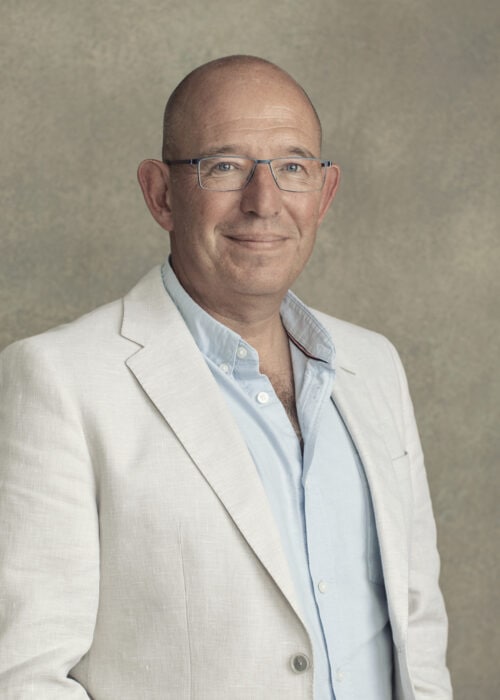Prof William Sloan he/him

Professor of Environmental Engineering
Strategic Research Areas
I am motivated by understanding the fundamental biology and physics of environmental systems and describing them in ways that can be easily translated into engineering solutions. My group explores engineered biological systems using both laboratory and field experiments to develop novel theory on the diversity and functioning of microbial communities. The research has had applications in water and wastewater treatment but also in a range of medical and veterinary settings. Thus there are opportunities to bring new experimental methods to bear from a variety of disciplines, to extend the applications to new problem domains and to work on the social aspects of the technologies we develop, for example, for treating wastewater in rural communities or in low income countries.
Some potential projects include: using new imaging or sensing to understand the mechano-biology of biofilms; measuring and characterising the metabolic heat dissipation in microbial communities; working with rural communities to tailor waste-to-heat technologies.
I have graduated many students several of whom are now full professors, for example in The Universities of Sydney, Edinburgh and Victoria, others work in industry, four for Scottish Water. I have run a number of large grants where maintaining and promoting a diverse group of researchers has been central. Thus, we have tailored the recruitment processes to promote diversity. The success is evidenced by my current programme grant having 60% female and 70% from ethnically diverse backgrounds.

